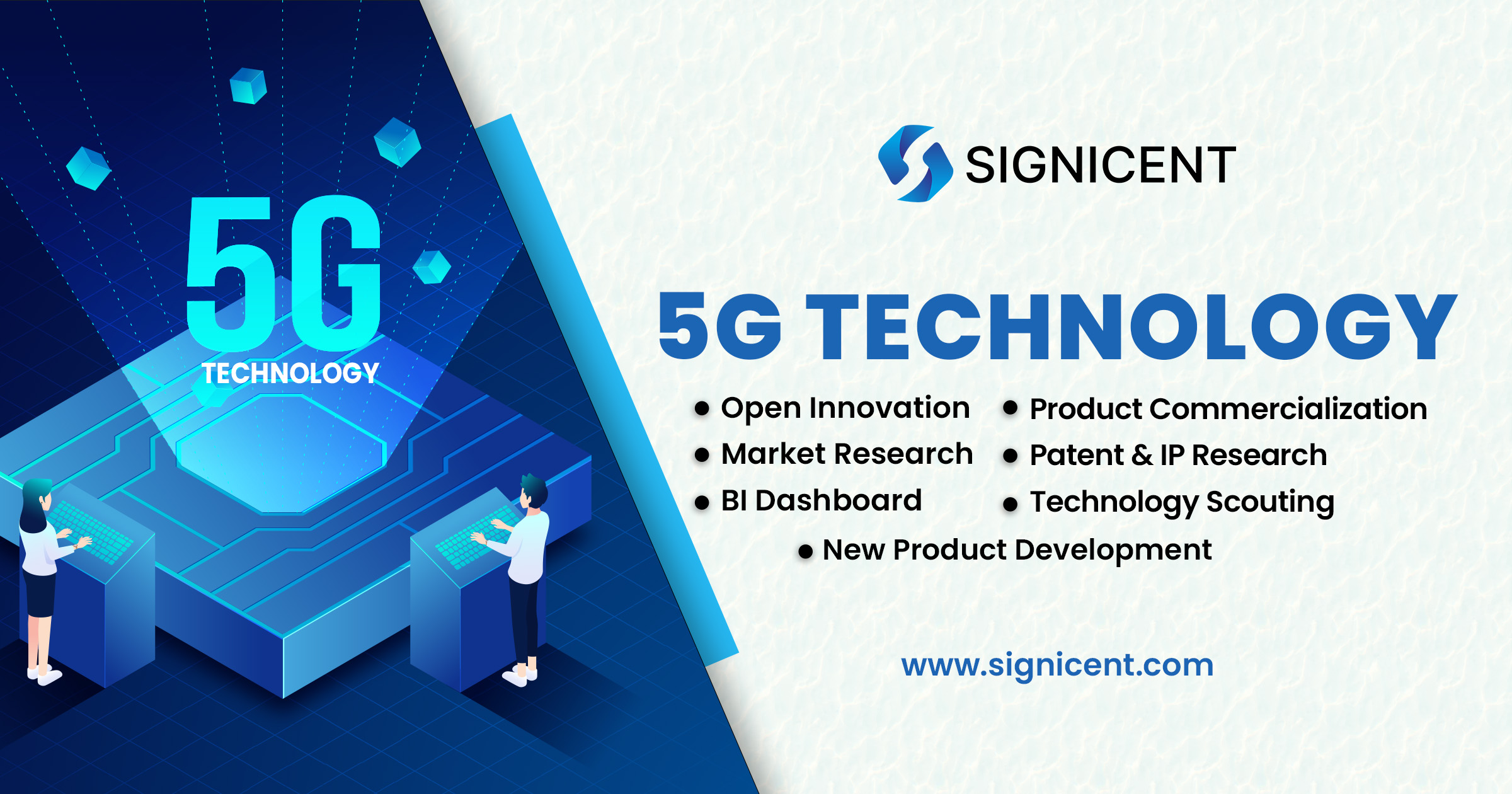The 23rd World Insights
Exploring the untold stories and events from around the globe.
Is 5G the Secret Sauce for Our Smart Future?
Discover how 5G could revolutionize our lives and unlock the potential of a smarter future. Don't miss out on the tech wave!
The Role of 5G in Shaping the Smart Cities of Tomorrow
The advent of 5G technology is set to revolutionize urban living, making it a cornerstone in the development of smart cities. With its unparalleled speed, low latency, and high capacity, 5G facilitates seamless connectivity among a vast array of devices, from traffic monitoring systems to smart energy grids. This interconnected ecosystem allows for better data collection and analysis, enabling city planners to make informed decisions that enhance the quality of life for residents. For instance, smart traffic management systems powered by 5G can reduce congestion and improve air quality, while citizens benefit from real-time updates on public transport and emergency services.
Moreover, 5G serves as a catalyst for innovative applications that contribute to sustainability and economic growth in urban environments. By leveraging the capabilities of Internet of Things (IoT) devices, cities can implement solutions that optimize resource usage, such as energy-efficient buildings and smart waste management systems. The potential for remote healthcare services and telecommuting options is also enhanced, allowing for greater flexibility and productivity among residents. Ultimately, as municipalities invest in 5G infrastructure, they pave the way for the smart cities of tomorrow—environments that are not only technologically advanced but also more responsive to the needs of their inhabitants.

How 5G Technology Powers the Internet of Things (IoT)
The advent of 5G technology has revolutionized the way we connect and interact with the world around us, especially in the realm of the Internet of Things (IoT). With significantly faster data transfer rates and lower latency, 5G provides the backbone for a seamless integration of IoT devices into our daily lives. This technological leap allows for real-time data processing and communication between devices, enabling features like smart cities, autonomous vehicles, and advanced healthcare systems. As more devices become interconnected, the efficiency and convenience of our interactions will increase exponentially.
Moreover, the enhanced bandwidth that comes with 5G technology facilitates the connection of a vast number of devices without compromising performance. According to estimates, 5G can support up to one million devices per square kilometer, making it an ideal solution for densely populated urban areas. This capability is particularly crucial for applications that require instantaneous feedback, such as remote surgeries or automated factory systems. As we continue to embrace the Internet of Things (IoT), the synergy between 5G and IoT will usher in a new era of innovation, driving economic growth and improving quality of life across the globe.
Is 5G the Key to Unlocking Seamless Connectivity in Our Daily Lives?
The advent of 5G technology promises to revolutionize the way we connect and communicate in our daily lives. With its ability to provide lightning-fast data transfer rates, significantly reduced latency, and the capacity to support a vast number of devices simultaneously, 5G is poised to unlock new possibilities for seamless connectivity. Imagine a world where IoT devices, smart homes, and autonomous vehicles operate in perfect harmony, streamlining our routines and enhancing our overall quality of life.
Furthermore, 5G can facilitate remote work, online learning, and telemedicine, making these services more efficient and accessible. The importance of reliable connectivity has never been more pronounced, especially in a digital age where our reliance on technology continues to grow. As we embrace the potential of 5G, we must also consider the implications for privacy and security, ensuring that this leap in connectivity truly benefits society.